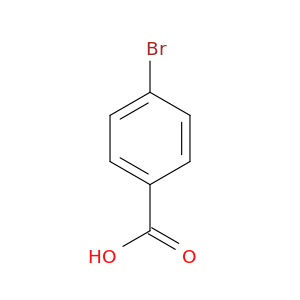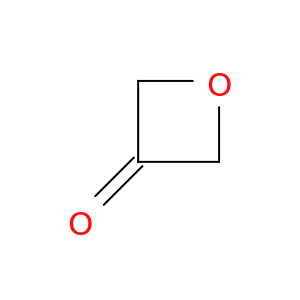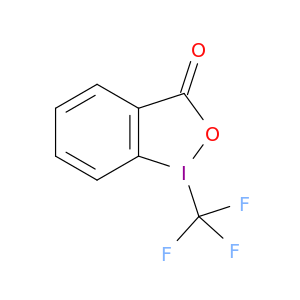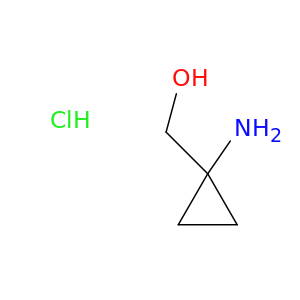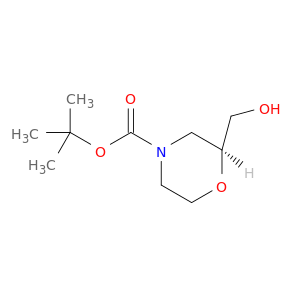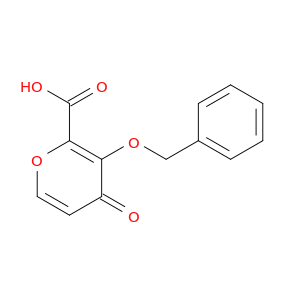200,000+ products from a single source!
sales@angenechem.com
Home > Indoles and Oxindole > 906748-38-7

906748-38-7 | (Z)-[2,3’-Biindolinylidene]-2’,3-dione
CAS No: 906748-38-7 Catalog No: AG00IMA2 MDL No:MFCD00956441
Product Description
Catalog Number:
AG00IMA2
Chemical Name:
(Z)-[2,3’-Biindolinylidene]-2’,3-dione
CAS Number:
906748-38-7
MDL Number:
MFCD00956441
IUPAC Name:
2-(2-hydroxy-1H-indol-3-yl)indol-3-one
InChI:
InChI=1S/C16H10N2O2/c19-15-10-6-2-4-8-12(10)17-14(15)13-9-5-1-3-7-11(9)18-16(13)20/h1-8,18,20H
InChI Key:
JNLNPCNGMHKCKO-UHFFFAOYSA-N
NSC Number:
105327
Properties
Complexity:
448
Compound Is Canonicalized:
Yes
Covalently-Bonded Unit Count:
1
Defined Atom Stereocenter Count:
0
Defined Bond Stereocenter Count:
0
Exact Mass:
262.074g/mol
Formal Charge:
0
Heavy Atom Count:
20
Hydrogen Bond Acceptor Count:
3
Hydrogen Bond Donor Count:
2
Isotope Atom Count:
0
Molecular Weight:
262.268g/mol
Monoisotopic Mass:
262.074g/mol
Rotatable Bond Count:
1
Topological Polar Surface Area:
65.4A^2
Undefined Atom Stereocenter Count:
0
Undefined Bond Stereocenter Count:
0
XLogP3:
2.7
Literature
| Title | Journal |
|---|---|
| Enhancing effects of indirubin on the arsenic disulfide-induced apoptosis of human diffuse large B-cell lymphoma cells. | Oncology letters 20150401 |
| A Structural Switch between Agonist and Antagonist Bound Conformations for a Ligand-Optimized Model of the Human Aryl Hydrocarbon Receptor Ligand Binding Domain. | Biology 20141201 |
| Nucleotide specificity of DNA binding of the aryl hydrocarbon receptor:ARNT complex is unaffected by ligand structure. | Toxicological sciences : an official journal of the Society of Toxicology 20140101 |
| A novel combinatorial biocatalytic approach for producing antibacterial compounds effective against Mycobacterium tuberculosis (TB). | Applied microbiology and biotechnology 20130801 |
| Differential effects of indirubin and 2,3,7,8-tetrachlorodibenzo-p-dioxin on the aryl hydrocarbon receptor (AhR) signalling in liver progenitor cells. | Toxicology 20110111 |
| CH223191 is a ligand-selective antagonist of the Ah (Dioxin) receptor. | Toxicological sciences : an official journal of the Society of Toxicology 20101001 |
| D-amino acid oxidase generates agonists of the aryl hydrocarbon receptor from D-tryptophan. | Chemical research in toxicology 20091201 |
| Ligand selectivity and gene regulation by the human aryl hydrocarbon receptor in transgenic mice. | Molecular pharmacology 20090601 |
| Pharmacologic profiling of human and rat cytochrome P450 1A1 and 1A2 induction and competition. | Archives of toxicology 20081201 |
| Inhibition of Toxoplasma gondii by indirubin and tryptanthrin analogs. | Antimicrobial agents and chemotherapy 20081201 |
| Novel mammalian cell lines expressing reporter genes for the detection of environmental chemicals activating endogenous aryl hydrocarbon receptors (ArhR) or estrogen receptors (ER). | Toxicology in vitro : an international journal published in association with BIBRA 20081201 |
| Dissection of mechanisms of Chinese medicinal formula Realgar-Indigo naturalis as an effective treatment for promyelocytic leukemia. | Proceedings of the National Academy of Sciences of the United States of America 20080325 |
| Indirubin, a Chinese anti-leukaemia drug, promotes neutrophilic differentiation of human myelocytic leukaemia HL-60 cells. | British journal of haematology 20050901 |
| Comparison of gene expression patterns between 2,3,7,8-tetrachlorodibenzo-p-dioxin and a natural arylhydrocarbon receptor ligand, indirubin. | Toxicological sciences : an official journal of the Society of Toxicology 20040701 |
| Aryl hydrocarbon receptor response to indigoids in vitro and in vivo. | Archives of biochemistry and biophysics 20040315 |
| Transient induction of cytochromes P450 1A1 and 1B1 in MCF-7 human breast cancer cells by indirubin. | Biochemical pharmacology 20031215 |
| Construction of reporter yeasts for mouse aryl hydrocarbon receptor ligand activity. | Mutation research 20030909 |
| Indirubin and indigo are potent aryl hydrocarbon receptor ligands present in human urine. | The Journal of biological chemistry 20010824 |
| Studies of early hepatocellular proliferation and peroxisomal proliferation in Wistar rats treated with herbicide diclofop. | Toxicology 20010214 |
| Indirubin inhibits inflammatory reactions in delayed-type hypersensitivity. | European journal of pharmacology 20001220 |
Related Products
Featured Products
© 2019 Angene International Limited. All rights Reserved.


